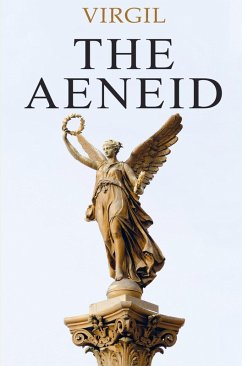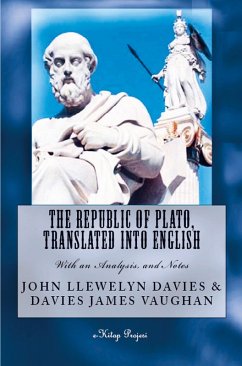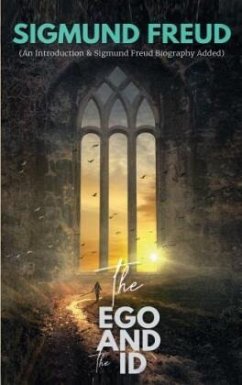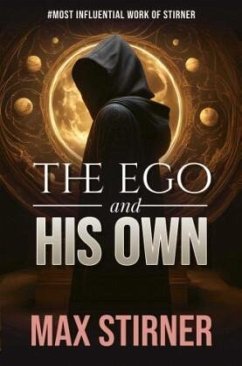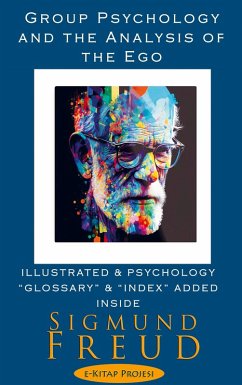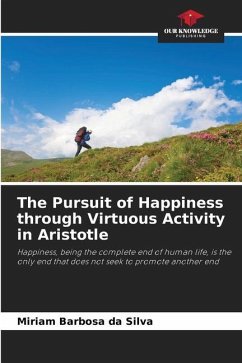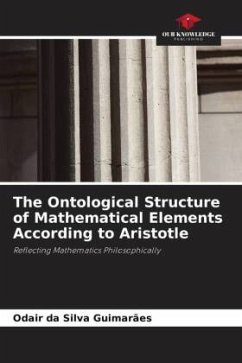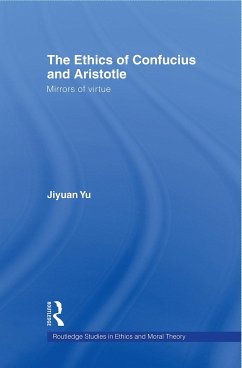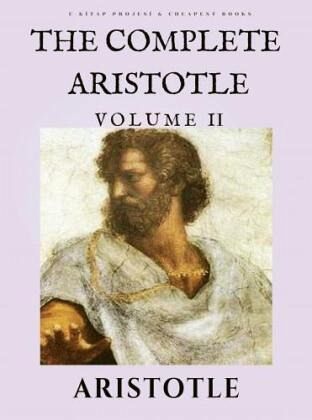
The Complete Aristotle
Volume II
Versandkostenfrei!
Versandfertig in 6-10 Tagen
39,99 €
inkl. MwSt.

PAYBACK Punkte
0 °P sammeln!
The Corpus Aristotelicum (The Complete Aristotle) is the collection of Aristotle's works that have survived from antiquity through Medieval manuscript transmission. These texts, as opposed to Aristotle's lost works, are technical philosophical treatises from within Aristotle's school. Reference to them is made according to the original texts of Aristotle, which in turn is based on ancient classifications of these works.This complete Book consist of (Contents):Biography (About Aristotle)Part 1: Logic (Organon)Part 2. Universal PhysicsPart 3: Human PhysicsPart 4: Animal PhysicsPart 5: Metaphysic...
The Corpus Aristotelicum (The Complete Aristotle) is the collection of Aristotle's works that have survived from antiquity through Medieval manuscript transmission. These texts, as opposed to Aristotle's lost works, are technical philosophical treatises from within Aristotle's school. Reference to them is made according to the original texts of Aristotle, which in turn is based on ancient classifications of these works.This complete Book consist of (Contents):Biography (About Aristotle)Part 1: Logic (Organon)Part 2. Universal PhysicsPart 3: Human PhysicsPart 4: Animal PhysicsPart 5: MetaphysicsPart 6: Ethics and PoliticsPart 7: Aesthetic WritingsAristotle, Greek Aristoteles, (born 384 BCE, Stagira, Chalcidice, Greece-died 322, Chalcis, Euboea), ancient Greek philosopher and scientist, one of the greatest intellectual figures of Western history.He was the author of a philosophical and scientific system that became the framework and vehicle for both Christian Scholasticism and medieval Islamic philosophy. Even after the intellectual revolutions of the Renaissance, the Reformation, and the Enlightenment, Aristotelian concepts remained embedded in Western




